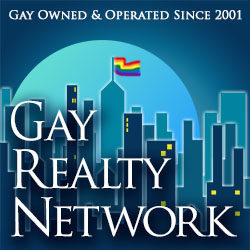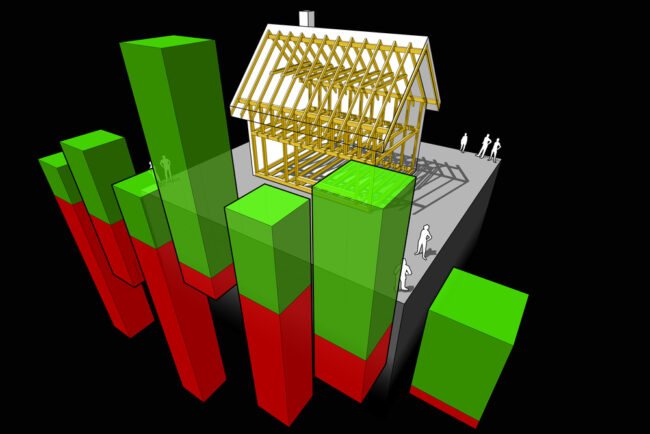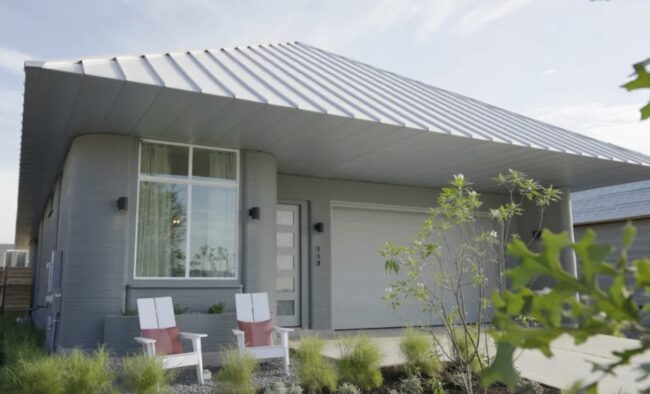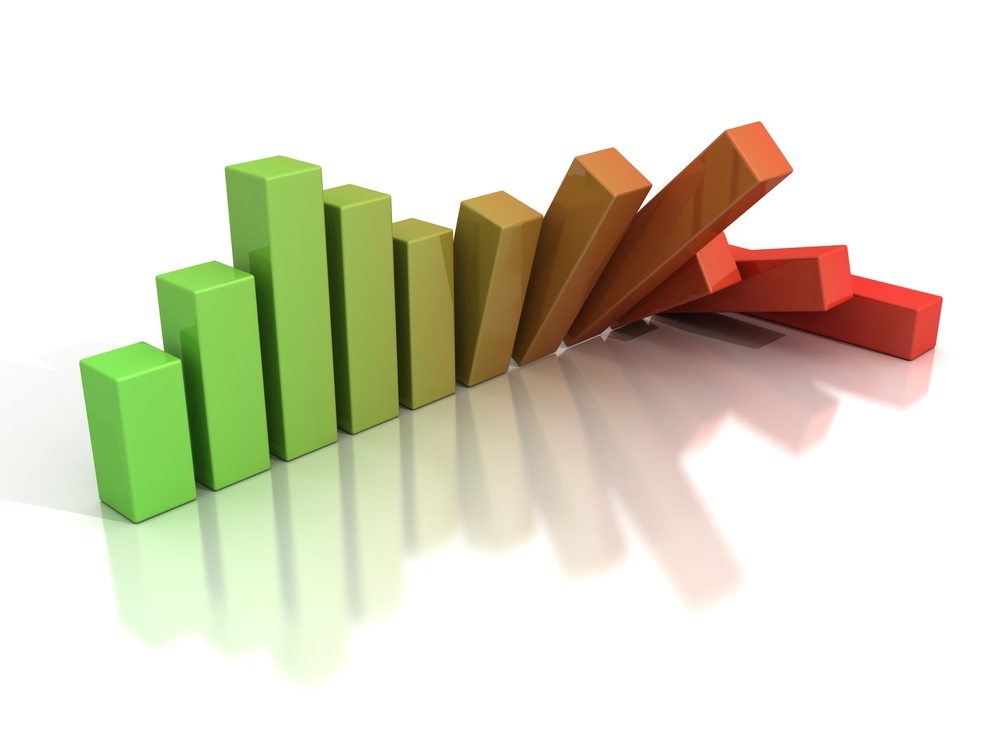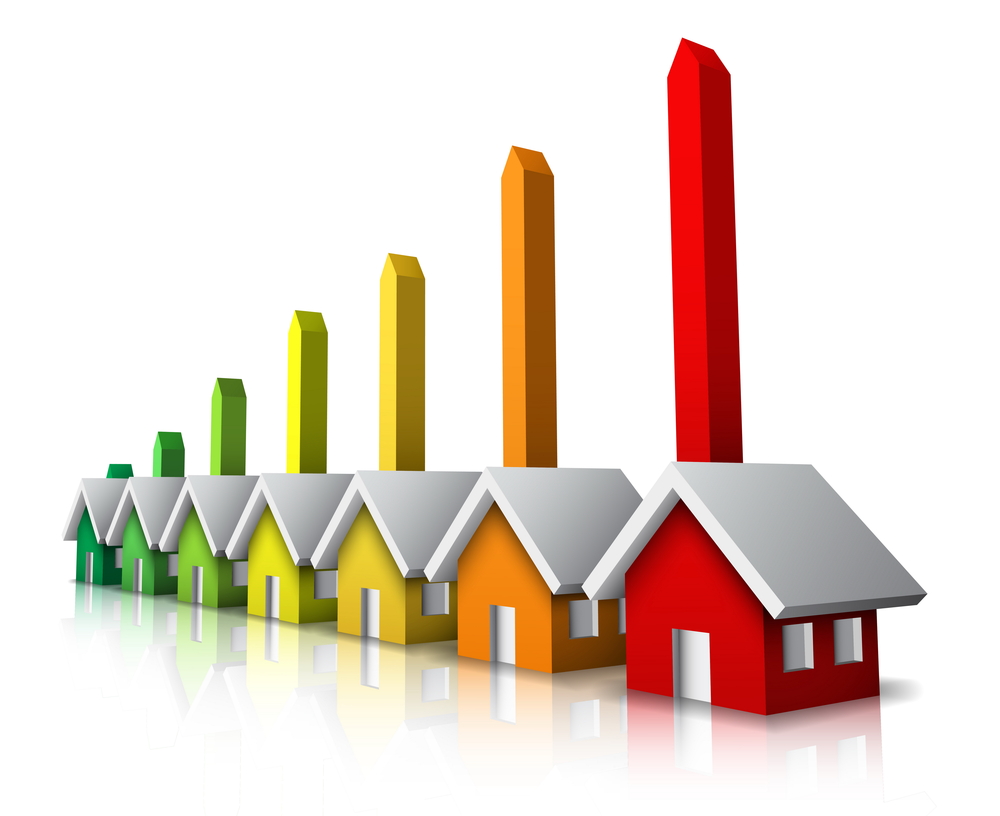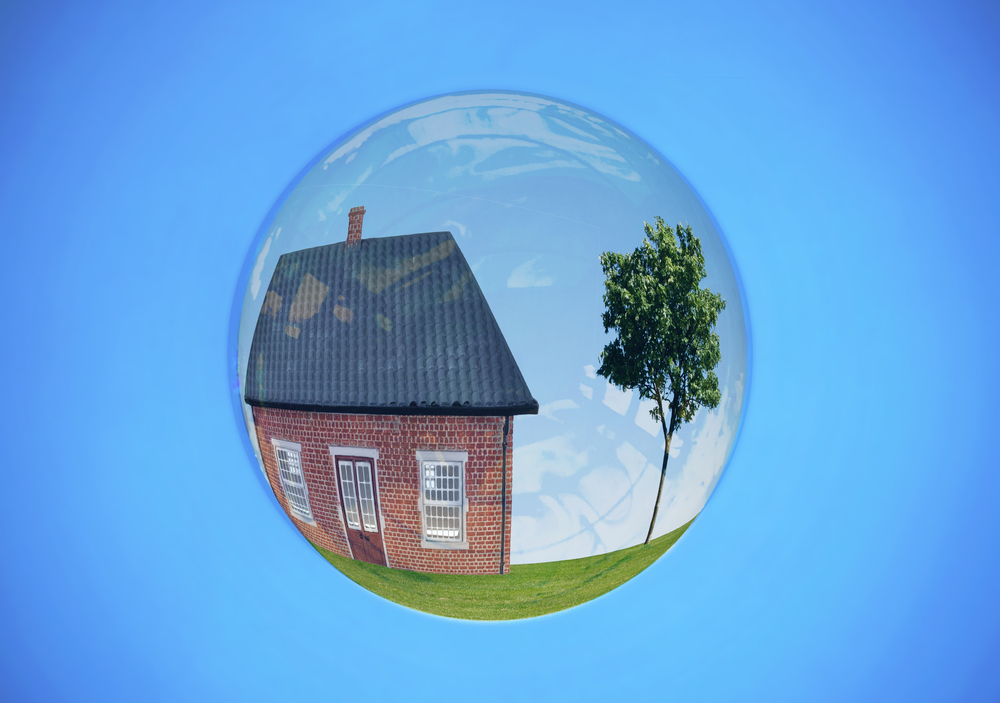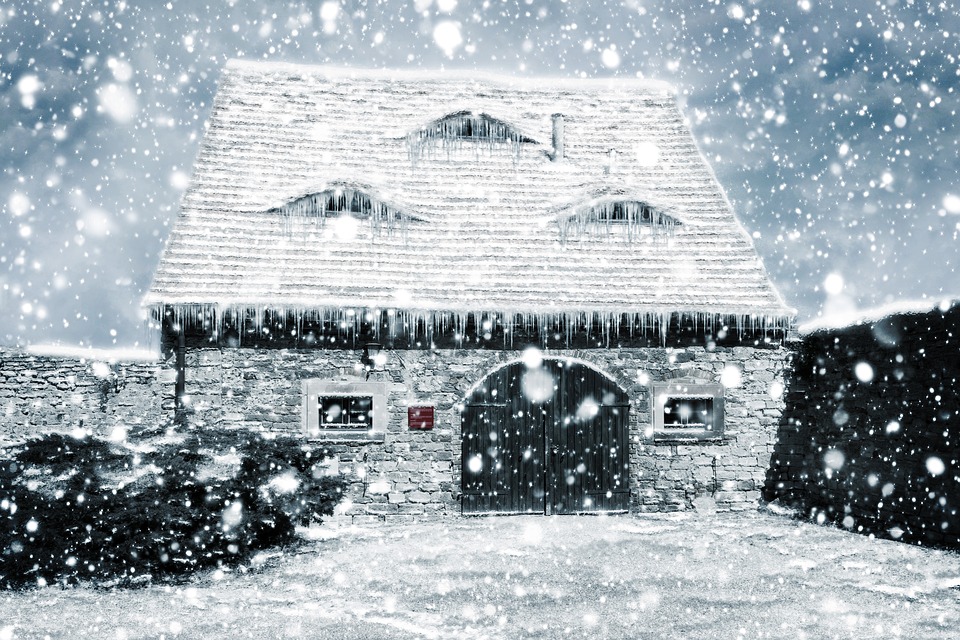Who would have thought that when the pandemic struck last spring that single-family housing would go on such a stellar run? Not me. But housing has been on a tear. Home sales, homebuilding and especially house prices have surged.
Despite being overvalued, there is no sign the housing market is in a bubble. (A bubble develops when there is speculation, or when buyers purchase homes with the sole intent of selling quickly for a profit, which isn’t happening today.) But stress lines are beginning to appear, and the housing market is set to cool off.
The increase in home prices is stunning. Nationwide, house prices are up double digits over the past year, and this comes after a decade of solid price gains since the housing market bottomed in the aftermath of the financial crisis. Indeed, the median existing home price — half of homes sold for more and half for less — is closing in on $350,000, almost double what it was a decade ago.
But stress lines are beginning to show in the housing market. Home prices have risen so far, so fast, that they have become overvalued. Nationwide, house prices appear overvalued by approximately 10% to 15% when comparing price-to-income or price-to-rent ratios with their long-run historical averages, according to my analysis. Some markets, mostly in the South and West, are seriously overvalued — by more than 20%.
Overvalued housing markets are vulnerable to a meaningful price correction as mortgage rates eventually rise. And they will. The Federal Reserve thinks the economy is set to quickly return to full health and is signaling that it will thus soon begin to normalize interest rates. Moreover, work from anywhere, while likely a fundamental change in the way we live and work, is also sure to partially unwind as companies ask their employees to come back into the office. And the foreclosure moratorium and mortgage and student loan forbearances are set to expire in coming weeks.
Full Story From CNN
